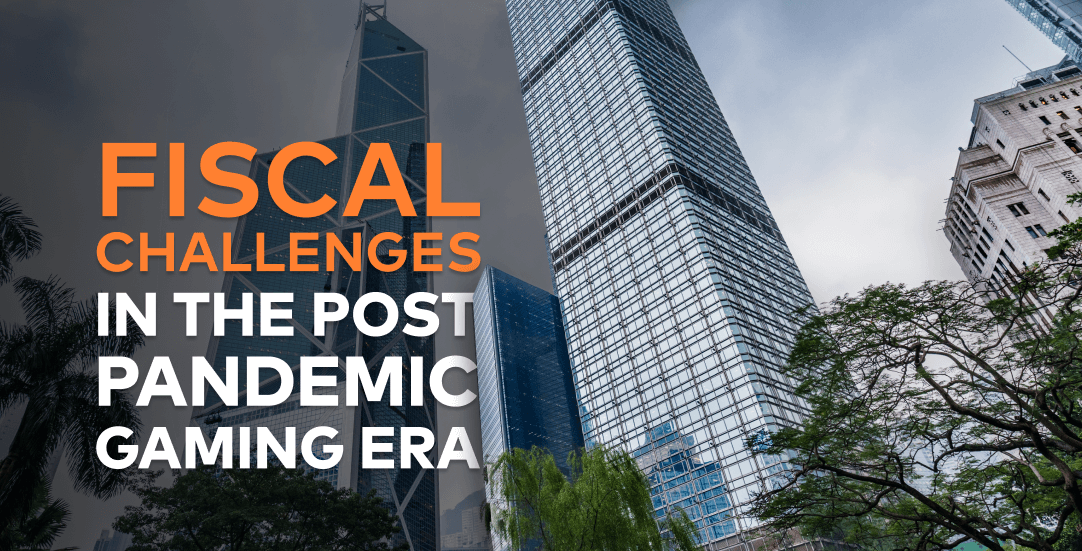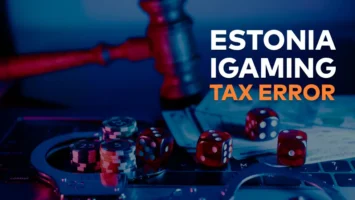Macau economic and fiscal challenges in the post-pandemic gaming era

Macau economic and fiscal challenges are under an intense spotlight as the city’s signature industry—casino gaming—faces a sluggish recovery. With the world watching Macau’s efforts to find equilibrium after years of pandemic restrictions, city officials and industry observers alike are scrutinizing the sustainability of its fiscal structure and the transformative prospects for China’s renowned gaming capital.
The delicate dance of gross gaming revenue
Gross gaming revenue (GGR) stands as the nerve center of Macau’s economy. For years, it has been the principal contributor to public coffers, underwriting everything from social welfare to infrastructure. But in 2025, the numbers tell a sobering story: Macau’s GGR for the first quarter ticked up just 0.6% year-on-year, equating to a monthly average of MOP19.2 billion. While this is above the critical threshold of MOP15 billion—identified by Chief Executive Sam Hou Fai as the break-even point—the trajectory is far from robust.
Government expectations for 2025 are ambitious, aiming for a total of MOP240 billion in gaming revenue. To meet this benchmark, **Macau gaming operators** need to maintain an average closer to MOP20 billion each month. The city’s fiscal lifeline, already under strain, could face a “budget deficit” should revenue slip below the break-even point, as highlighted by Sam Hou Fai in recent legislative discussions.
Gaming taxes—Macau’s fiscal Achilles’ heel
Few global economies are as dependent on a single industry as Macau is on casino gaming. In 2024, gaming taxes accounted for a remarkable 80.5% of the government’s total revenue—a figure barely changed from the 84.8% recorded in 2019. Of an estimated MOP115 billion in recurrent expenditure for 2025, MOP93.1 billion is expected to flow from gaming taxes. When monthly revenue sags, the risk to essential obligations—such as public sector wages and social programs—rises dramatically.
This fragile structure is compounded by heavy fixed costs: recurrent public spending, including MOP30 billion in public sector wages, continues to climb. Sam Hou Fai’s assessment is unambiguous: “The imbalance in our fiscal structure is serious,” he warns, underscoring the imperative for “crisis awareness” across both government and industry.
The shifting sands of the mass and VIP markets
Drilling deeper into sectoral performance, the split between mass market and VIP gaming is revealing. In the first quarter of 2025, mass market gaming contributed MOP432 billion—nearly 75% of Macau’s total GGR and a 10.9% increase compared with the same period in 2019. This indicates that mass market customers have shown resilience and are propping up the recovery.
Conversely, the VIP segment, though steady year-on-year, is a shadow of its former self. In Q1 2019, VIP betting accounted for almost half of Macau’s total gaming revenue; in Q1 2025, it made up just 25.1%. The subdued return of VIPs is in part due to regulatory shifts and evolving consumer behaviors, further emphasizing the city’s dependence on a broader base of mass market players.
The legislative outlook—diversification as a fiscal necessity
Both policymakers and industry leaders agree that economic diversification is no longer optional for Macau—it is an existential requirement. In pursuit of this goal, Sam Hou Fai and his administration are focusing on expanding sectors like healthcare and finance. Partnerships with Hengqin, the adjacent economic zone, are high on the agenda, with casino operators now mandated to channel over MOP130.4 billion into non-gaming projects, not only locally but also across the Pearl River Delta.
The government intends to set clearer standards for what counts as a non-gaming investment, aiming to boost global competitiveness and meet public expectations. The establishment of explicit evaluation criteria for these investments is designed to eliminate ambiguity and foster genuine economic diversification.
Fiscal policy under pressure—can cushion measures help?
As concerns mount, the issue of whether to deploy stimulus, such as consumer vouchers, has resurfaced. However, the government has signaled caution. Sam Hou Fai recently suggested that such policies were products of a different era, pointing to the necessity of careful evaluation before reissuing broad-based fiscal support. At the same time, the balance between frontline worker compensation and wider fiscal sustainability is a pressing debate within the assembly.
Despite these uncertainties, some economic voices remain optimistic. Editorial commentary from Macau Business notes that, even as the city’s dependence on gaming persists, a service-based economy reduces vulnerability to global trade disruptions—including the ongoing US-China trade friction, which only affects around 5.5% of Macau’s exports. The outlook is not without clouds, but is “half-full,” maintaining hope for steady evolution rather than sharp decline.
What lies ahead for Macau’s gaming hub?
- This is how it’s done – Macau’s greatest challenge lies in recalibrating its fiscal model through economic diversification,
- This is how it’s done squared – shoring up the mass market as VIP gaming continues to lag,
- This is how it’s done cubed – and successfully guiding major concessionaires to invest in sectors beyond gaming—especially in areas with long-term growth potential.
If these efforts succeed, Macau could build a more resilient economic base—one less prone to the sharp shocks of cyclical gaming downturns. Until then, Macau’s fiscal sustainability will be closely tied to the single number that continues to define its fortunes: monthly gross gaming revenue.
Conclusion—navigating uncertainty with vigilance
Macau stands at a pivotal junction. Its casino sector, while still the envy of the global gaming industry, faces headwinds from market shifts, regulatory recalibration, and broader economic pressures. Policymakers’ responses—and the willingness of concessionaires to embrace new investment mandates—will determine whether the city can move beyond dependence, transforming risk into resilience.
For industry watchers and residents alike, the coming months will signal not just the fate of Macau’s economy, but also the durability of its social fabric. In a city where the monthly GGR figure has become a barometer for public confidence, strategic diversification is more than just policy—it is a promise for a sustainable future.




















